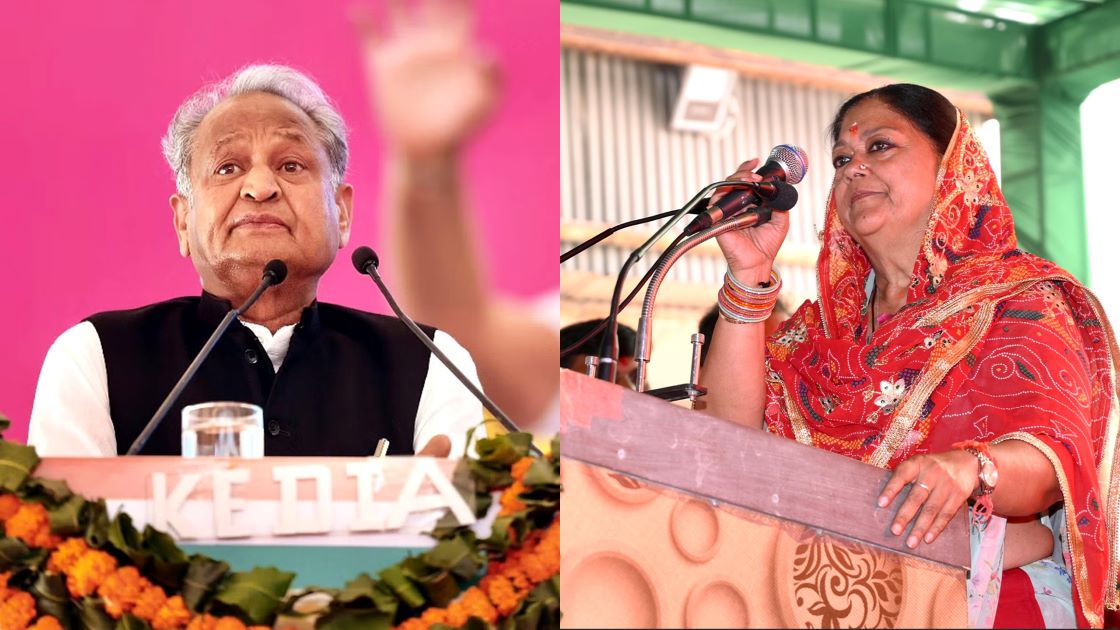
The history of human settlement in the western Indian state of Rajasthan spans about 5,000 years. In the medieval era, powerful Rajput kingdoms like the Chauhans, Sisodias, Gurjara-Pratihara, and Rathores emerged. Notable Jat kingdoms also enriched the cultural mosaic. After the decline of Matsya rule, the area became known as Rajputana, coinciding with the migration of the Kachwaha clan. During the British era, treaties with local rulers shaped princely states amidst economic challenges and famines. Post-Indian Independence in 1947, the integration of Rajasthan's princely states marked a new chapter in the state's history.
The Rajasthan assembly election of 1952 stands as a significant milestone in the state's political history, marking the inaugural election for the Rajasthan Legislative Assembly. Conducted on 29 February 1952, this historic event featured 616 candidates vying for 140 constituencies, comprising 20 two-member and 120 single-member constituencies. The Indian National Congress (INC) emerged victorious with a majority, securing 82 seats out of 160.
Tika Ram Paliwal assumed office as the first Chief Minister on 7 April 1952, succeeded by Jai Narayan Vyas and later Mohan Lal Sukhadia. This election was a pivotal moment in Rajasthan's political landscape, representing the dawn of democratic governance after the merger of princely states and the formation of Rajasthan in 1949. The INC's resounding victory showcased the influence of leaders like Jawaharlal Nehru, while the emergence of diverse parties reflected the evolving political dynamics of the time.
| Party and Coalitions | Seats Won |
|---|---|
| Indian National Congress | 82 |
| Akhil Bharatiya Ram Rajya Parishad | 24 |
| Bharatiya Jana Sangh | 8 |
| Krishikar Lok Party | 7 |
| Akhil Bharatiya Hindu Mahasabha | 2 |
| Socialist Party | 1 |
| Kisan Mazdoor Praja Party | 1 |
| Independent | 35 |
Source : ECI
The 1952 Rajasthan Assembly election played a crucial role in shaping policies and fostering development in the state from 1952 to 1960. In 1952, Rajasthan Legislative Assembly took place on 31 March 1952, initially comprising 160 members, and later increased to 190 after the merger of Ajmer State in 1956. On 21 June 1952, the Rajasthan High Court was established with its principal seat in Jodhpur and a bench in Jaipur, with Kamala Kant Verma serving as the first chief justice.
Rajasthan University, founded 1952 in Jaipur, evolved from an affiliating and examining body to a teaching and residential university, offering faculties in arts, science, commerce, law, education, and fine arts. The ambitious Rajasthan Canal Project, also known as the Indira Gandhi Canal, began in 1952, covering approximately 34,000 square kilometers in the Thar Desert, aiming to provide water for drinking, irrigation, and power generation. Additionally, the Rajasthan Panchayat Raj Act of 1952 laid the foundation for decentralized administration, empowering rural communities to actively participate in local development. This legislative move marked a significant step towards local self-governance and community involvement in Rajasthan's development.
The Rajasthan assembly election of 1952 stands as a pivotal moment, embodying the democratic aspirations of the people and shaping the political course of this historically rich state. The results not only reflected the prevailing political dynamics but also laid the groundwork for Rajasthan's early governance and future political landscape; we anticipate insightful analysis on the ongoing 2023 Assembly Elections. Join us in our series, Countdown to the 2023 Rajasthan Assembly Election: Strategies and Rallies (dhruvresearch.com).
Source:

Dhruv Research owned by DHRUVA RESEARCH
Copyright © 2021
DHRUVA RESEARCH.
All rights reserved.